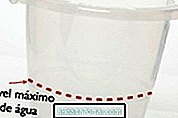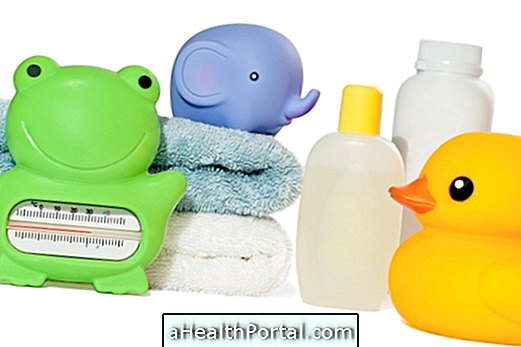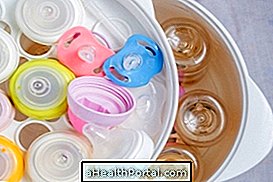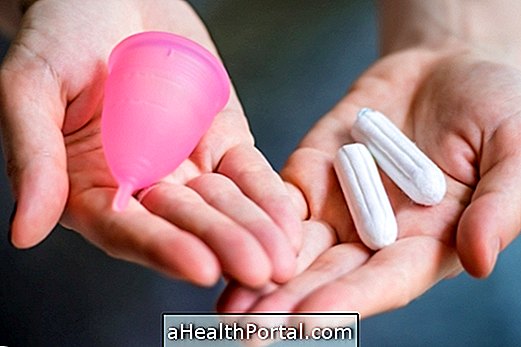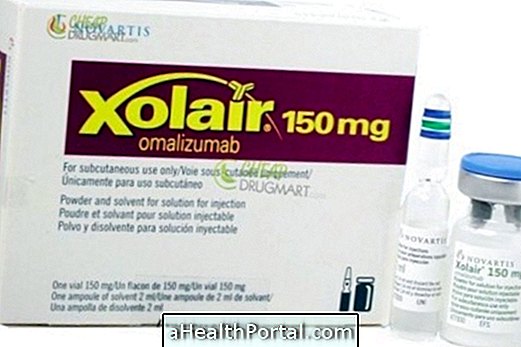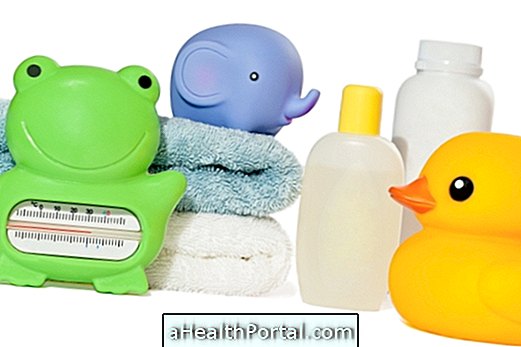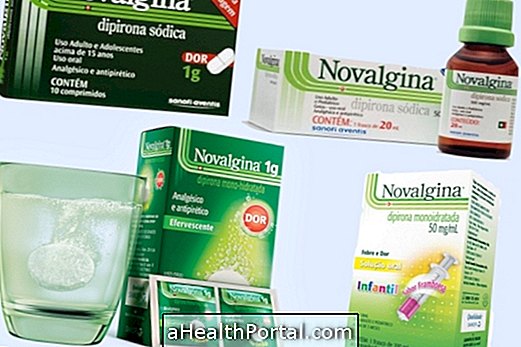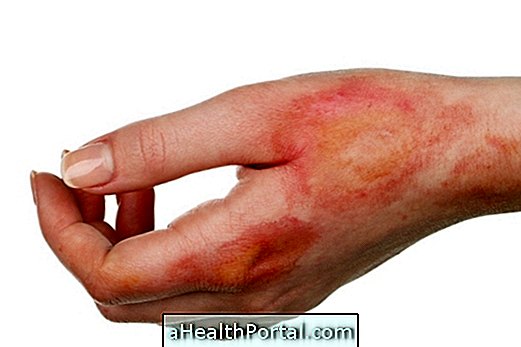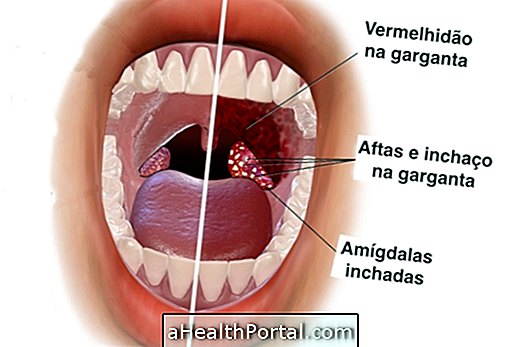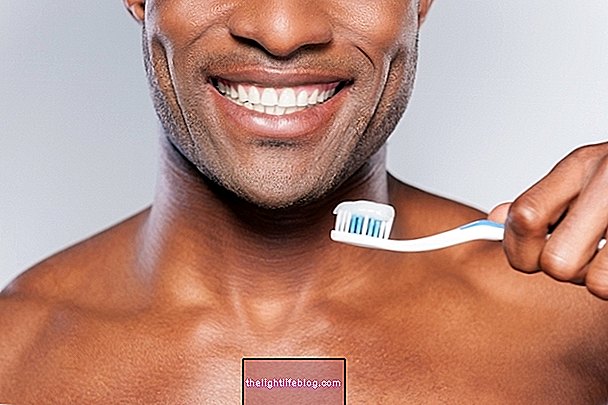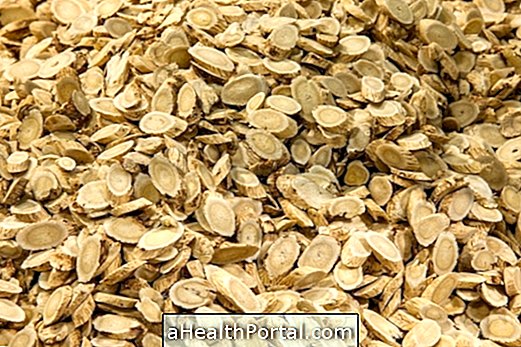The use of rinsing is important for the health of the mouth, as it prevents problems such as cavities, plaque, gingivitis and bad breath, favoring a refreshing breath and more beautiful teeth. These products may have different compositions, with or without alcohol, fluoridated or without fluoride, that suit the needs of the mouth of each person and preferably should be directed by the dentist, so that the maximum benefit is obtained.
However, it is not always necessary to use mouthwash, since the people who benefit most are those who have undergone a surgical procedure or have some periodontal disease, such as caries, gingivitis and sensitive teeth. This is because, despite the effect of potentiating the cleaning of the mouth, its excessive use can attack the enamel of the teeth, facilitate the formation of spots and dry the oral mucosa.
The rinse should always be used after brushing, flossing and scraping the tongue, since the mouth must be free of plaque and impurities for the product to act. For example, there are numerous brands of this product, such as Colgate, Listerine, Sensodine, Halicare, Oral-B or Cepacol, for example, it is important to check if the brand is approved by ANVISA and check the active ingredients contained in the choice and use as directed by the dentist.

What is the best type
There are several mouthwash options with different active principles and modes of action and effectiveness. The main ones include:
- With alcohol : Alcohol is a component used for the dilution of mouthwash products and should be safe for consumption. However, it is preferable that this type of rinse is avoided, because it causes aggressions to the oral mucosa and wear of the dental enamel, besides being able to unbalance the oral pH, which can leave the yellow teeth and dry the tongue;
- Alcohol Free : Alcohol -free rinse options use other types of products to dilute the active ingredients, which do not burn or maltreat the mouth and can be used with greater safety;
- With fluoride : fluoride products are ideal for people with cavities, and should be used daily to fight against bacterial proliferation, and are also useful for reducing sensitivity in the teeth of people with this problem;
- Antiseptic, such as Chlorhexidine gluconate : the antiseptic rinse is best suited for those who have bad breath, since it is able to eliminate the bacteria that cause the unpleasant smell in the mouth. They are also ideal for anyone who has or will still have surgery because it reduces the risk of contracting an infection. However, this type of antiseptic should only be used for 1 week, as indicated by the dentist, because as it is potent, it can cause damages and stains on the teeth;
So, for choosing the ideal mouthwash and knowing how to use it, it is important to seek the dentist's assessment, which may indicate the best type, amount of daily use and for how long.

Care for a better effect
Some tips for mouthwash to work well and do not cause unwanted effects include:
- Use at night, preferably after oral hygiene with brush and dental floss, for a longer lasting effect. Although some people use it twice a day, usually only once a day is enough;
- Make the use of dental floss and correct brushing of the teeth, because only the use of rinse is not enough to eliminate bacteria and impurities, being essential. Check out the steps to brush your teeth properly;
- Do not dilute the product with water, although it is a strategy used by some people to reduce the rash of the rinse, it alters and diminishes the effect of the active principles;
- Persons who have undergone tooth whitening should prefer clear, colorless rinses to prevent stains from appearing;
- For children, mouth rinse should be alcohol-free and without fluoride, but any type is contraindicated before 3 years of age;
People with diabetes should pay attention to rinses that have dye, as they may contain a higher sugar level.
How To Make Homemade Oral Rinse
If you want to keep your breath fresh and pleasant, you can use natural home-made mouthwash options for less exposure to chemicals. Thus, it is possible to make daily mouthwashes with:
Ingredients
- 20 drops of propolis
- 1 cup of warm water
Method of preparation
Dilute the propolis in warm water and use to rinse 2 to 3 times a day. Check out other natural recipes at: Home Remedies for Gingivitis.
Check out some of the natural recipes and find out how food can help fight bad breath in this video prepared by our nutritionist:

